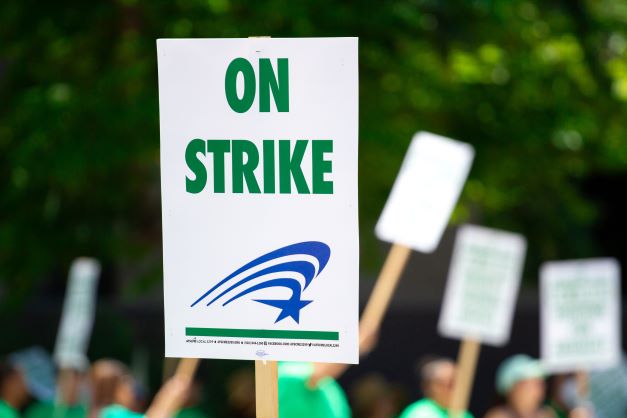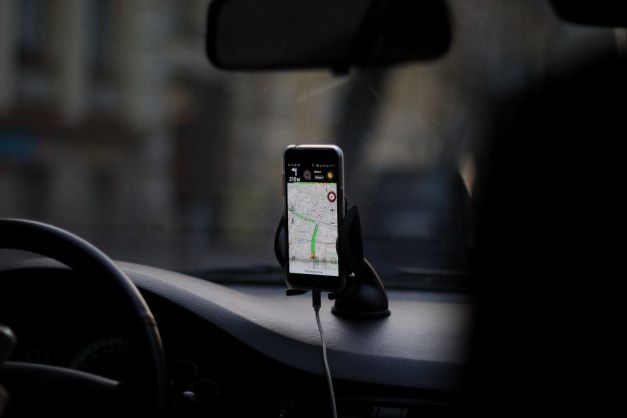‘Tis the season for strikes
- David Burton
- Blog
 The old adage that “justice moves slowly” is particularly true at present in New Zealand.
The old adage that “justice moves slowly” is particularly true at present in New Zealand.
Court staff have been taking a form of industrial action by working to rule for over a month as they bargain for a new collective agreement. The industrial action is reported to be slowing down proceedings by up to 50 per cent - affecting victims, witnesses, jurors, defendants, family members, lawyers and judges in a system already battling huge backlogs. Our justice system is still dealing with a massive backlog of thousands of cases delayed by the pandemic.
The United Kingdom is facing a winter of discontent as many essential services go on strike or threaten strikes over the Christmas period. These include rail, buses, mail, nurses, ambulance services, teachers in Scotland and border workers.‘Tis the season for strikes
Prime Minister Rishi Sunak has said he is working on "new tough laws" to protect people from strike disruption. He told MPs if "union leaders continue to be unreasonable, then it is my duty to take action to protect the lives and livelihoods of the British public".
A bill has been introduced into the UK Parliament which would ensure minimum service levels on transport networks during strikes, but it is yet to be debated. Downing Street has said the legislation would be extended to other services but would not specify what these would be and no timescale was given.
In Australia, official data shows that it has had its most days lost to disputes since 2004 in the June quarter, as a tight labour market and cost-of-living pressures fuels demands for improved wages and conditions.
Yet against those statistics the Australian government has just passed a substantial set of changes to industrial laws. The most controversial aspect of the changes relate to multi-employer bargaining, which has had union and business leaders at loggerheads for the past few months.
The laws will make it easier for unions to negotiate pay deals that cover multiple similar businesses. The most common examples are sectors like childcare and aged care, where there are many employers with lots of employees doing similar work.
Business groups have firmly opposed the changes, citing two primary concerns. They are worried about the possible cost to business of negotiating these deals and they are concerned about the potential for businesses to be roped into deals against their wishes.
Sounds familiar? Our Fair Pay Agreement legislation was recently passed into law as well; with similar arguments posed by business groups. It also has similarities to our existing laws in relation to multi-employer collective agreements (commonly called MECAs). MECA’s have been commonplace in some for our public services, such as those relating to doctors, nurses and teachers.
Multi-party agreements provide the potential for whole industries to be brought to their knees by strike action. While our public services have traditionally been very responsible with their strike action, we do not have to think very hard as to how that collective strength creates problems for the public. Strikes by our doctors, nurses and teachers have been very effective.
Other essential industries also have collective strength for bargaining. The protracted Fire and Emergency (FENZ) industrial dispute has finally been resolved, but only after a series of strikes.
Recently, the nation’s toilet paper supply was impacted by industrial action at one manufacturing plant in Kawerau. The trouble with industrial action at one employer site is that other similar employers secretly rub their hands in glee as they see their sales balloon and their brand recognition increases. If there was a MECA for the “toilet paper” industry, the effects of any industrial action could be profound and we could certainly face the prospect of being “caught short”. Read more
The right to strike has become increasingly recognised as a fundamental right in international law. There remains a continuing debate over the limits to this right and to the degree that it should be limited by law.
The UK Prime Minister is considering ways in which to curb that right as industrial action ramps up in the United Kingdom. Conversely, in Australia industrial laws are being loosened even though Australia is currently facing its own difficulties with industrial action.
What the unions know, and the public certainly know, the Christmas holidays are a good time for industrial action to have a major impact. Read more




